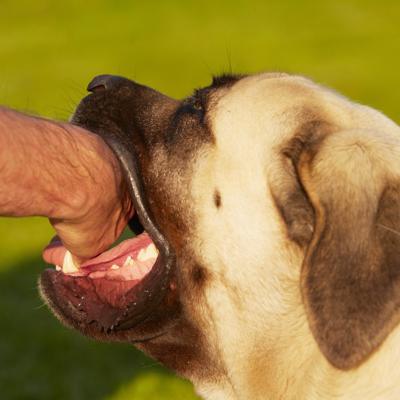Most people in North Carolina keep their dogs on a leash. It has nothing to do with the law. It has to do with the fact that they dont want their dog running away. They also don’t want their dog attacking (or getting attacked) by another dog. It’s rare to see someone walking their dog without having them on a leash. But it does happen. Some dog owners are proud of the fact that they’ve trained their dog well enough that they won’t run away.
Even if a dog is well behaved, there’s no way for an owner to know exactly how they’ll behave in a given situation. A dog may love people but, if they’re provoked, they may act out. Other dogs are fine unless and until they see another dog. Once they see another animal, all bets are off. This is why it’s never a good idea to keep a dog unleashed. If a dog owner is willing to risk having their pet without a leash, they should be expected to face the consequences if their dog bites someone.
In North Carolina, a dog’s owner will be liable if their dog bites another person. However, this liability is generally limited to dogs who have attacked someone before. This is because North Carolina follows the “one-bite rule.” If you’re attacked or bitten by a dog in North Carolina, you’re not going to take time to google the one-bite rule. You’re going to get to the emergency room for treatment. Then you’re going to call a personal injury lawyer in Charlotte.
How Does the One-Bite Rule Work in Charlotte?
Charlotte follows the one-bite rule when it comes to dog bites. This law works exactly the way you think it would. If a dog has bitten anyone in the past, the dog’s owner will be liable for future dog bite injuries. It doesn’t matter how long ago the first bite was. A dog’s owner is on notice after the first time their dog attacks someone. If you’re bitten by a dog that has attacked someone in the past, you should expect to be compensated for your injuries.
If the dog has never bitten someone before, that doesn’t mean the dog’s owner is off the hook. If you can prove that the dog owner was negligent, then you may be able to recover damages. For example, if the dog is running the streets alone at night, the owner will be liable for any injuries the dog causes. This is because North Carolina has a specific law covering this situation. Or, if the dog’s owner knew it was likely to bite you, they’ll be held liable.
Are There Defenses to the One Bite Rule in North Carolina?
Just because North Carolina has the one-bite rule, that doesn’t mean a dog’s owner is always responsible for injuries caused by a dog attack. If you provoke the dog or taunt it, it’ll be hard for you to recover damages. The same is true if you’re trespassing on the defendant’s property at the time of the dog bite. If this is the case, don’t expect to receive damages. The same is true if you know the dog hates you and has tried to bite you in the past. At a certain point, you have to use common sense. The law in North Carolina requires it.
Charlotte Personal Injury Lawyers Offer a Free Initial Consultation
If you or your child are bitten by a dog in Charlotte, North Carolina, there are a few things you need to do. First, check to see if there are any witnesses. If there are, make a note to talk to them later. Second, get to the hospital right away. Even if you don’t think the injuries are all that serious, you may need medical attention. At a minimum, you might need to get a rabies’ shot. Finally, you should call a skilled personal injury lawyer in Charlotte, North Carolina.
Your attorney will meet with you for free. You can sit down and tell them your story. You can ask them any questions you may have. They’ll have a few questions of their own too. Once they’ve had a chance to review your case, they’ll give you their honest opinion. If you have a claim for damages, they’ll let you know. They’ll also tell you if they don’t think you have a solid case.
The good news is that your consultation is free, and you don’t pay your attorney until your case is resolved.


